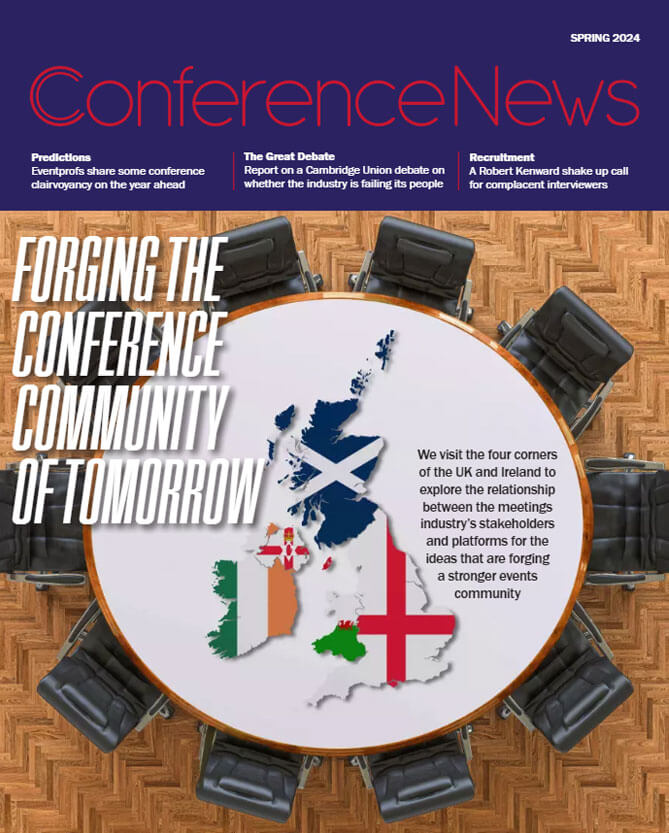Rebecca Kelly, co-founder, Venuescanner
Retailers, restaurants and airline operators have all reacted to customer demand for simple, efficient platforms that bring vendors and consumers together. Yet, despite the evolving needs of modern events planners, the event industry has not developed the same shift in customer centricity. Today’s event organiser wants easy access to a range of unique, authentic spaces, as well as catering and entertainment, to create an event that will impress their guests. However, convoluted chains of communication, non-transparent costs and lack of clarity prevent them from efficiently booking the venue and services they want. All of these issues could be resolved if the industry were willing to embrace a holistic digital solution.
Hidden Gems
The past few years have witnessed a drastic rise in the number of creative briefs received by event organisers. In-line with consumer demand, weddings are now being hosted in windmills, film studios, or even treehouses. However, many venues don’t appreciate how versatile they truly are when it comes to hosting events, meaning they fail to advertise to all potential guests.
In fact, there are over 100,000 spaces in the UK that could be hired. Yet, less than 10 percent of these are currently listed online, significantly decreasing their visibility. It’s imperative that venues take advantage of the digital consumer by spreading themselves across a myriad of platforms. This will raise their brand awareness in front of a wide range of potential guests, benefiting both parties in equal measure.
Central communication hub
Event organisers often struggle to gain direct access to venues. Instead, they’re ploughing through layers of agents, creating a frustrating game of Chinese Whispers. This ongoing stream of miscommunication regularly causes double bookings, or misunderstandings around what organisers really want from the event. A central hub of communication would simply and instantly eradicate these problems.
Pricing clarity
Events can quickly become expensive. While big corporates can easily swallow these costs, SMEs, societies, charities and communities will struggle to do the same, making finding affordable venues increasingly critical for event organisers.
Across many consumer industries, companies have a duty to be transparent about their pricing. Yet, the events industry doesn’t seem to adhere to the same pricing transparency as leisure, commerce, travel and other industries. It’s essential that event organisers, their clients and venue hosts, are clearer on pricing so that there is less time wasted between venues receiving irrelevant enquiries and event organisers spending time contacting venues not within their price range.
Real time availability
Currently, few venues are able to share their up-to-date availability with potential guests at any time. This wastes a huge amount of effort and time, for event organisers and venue owners alike, searching through enquiries into seemingly available venues that are actually booked. To overcome this, the industry must direct more time, effort and resources into developing the technology necessary to implement transparent, real-time booking systems.
Holistic solution to event planning
Integrating each strand that comprises a successful event is no easy task, as venue hire, catering, music and drinks are all dealt with as separate entities. Bringing these separate strands together as a whole, rather than treating each as a separate entity, will move the industry towards a smooth and efficient event planning process and ultimately deliver a superior end result.
Ultimately, we all love ASOS, Airbnb, and Open Table because they have brought consumers and vendors together in a succinct, effortless way. The events industry is still playing catch up, and leaving organisers, such as personal assistants, a tremendously arduous task in bringing together an interesting venue, for the right price and on the right date. To move in line with the societal shift, they must embrace digital platforms that facilitate direct communication between the event organiser and venue owner, as well as providing transparent pricing, real-time venue availability and lots more.















